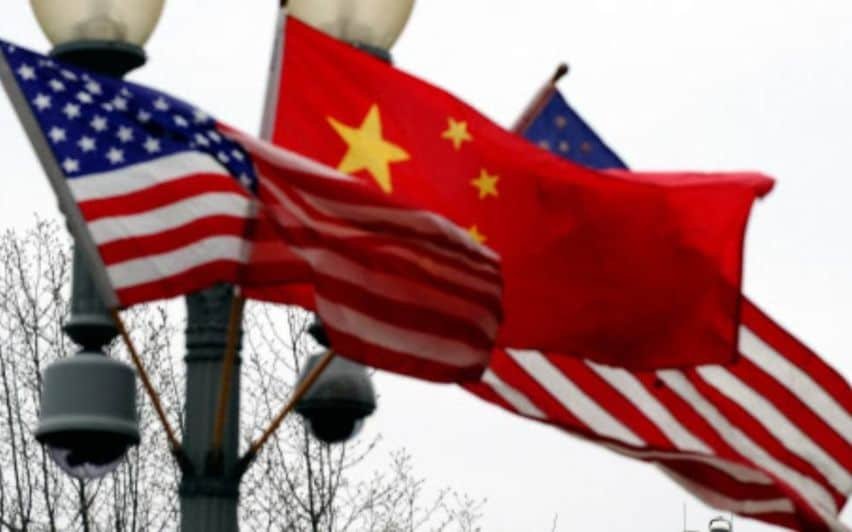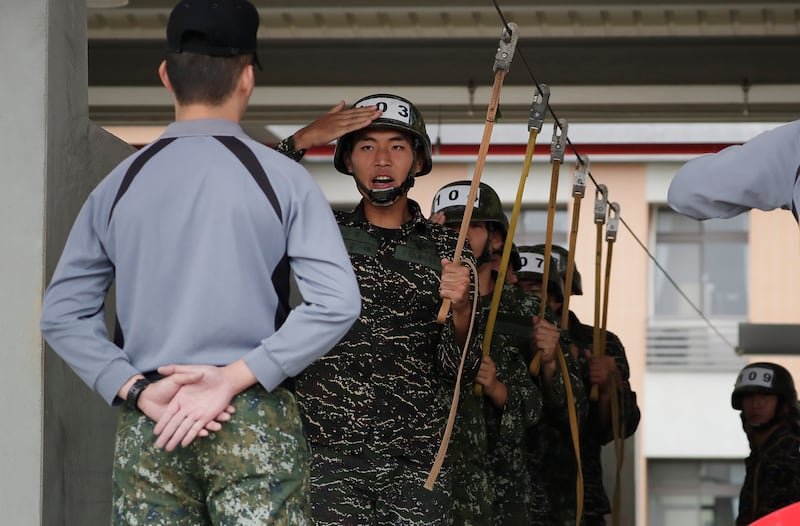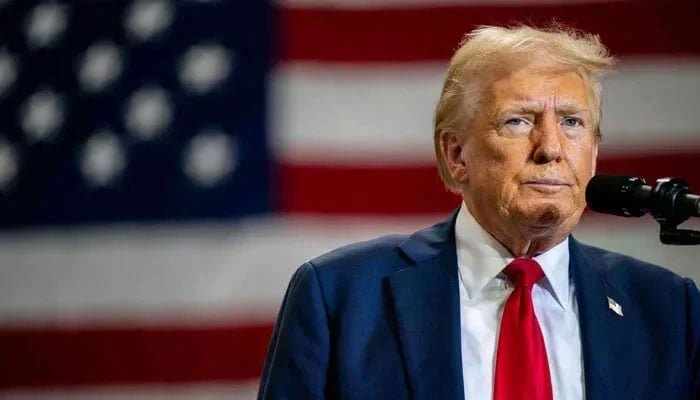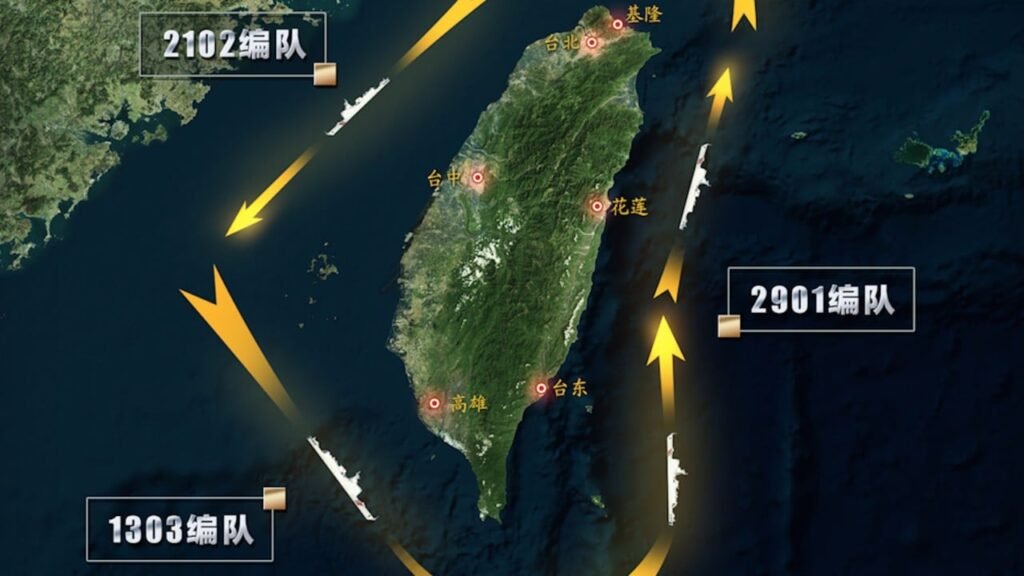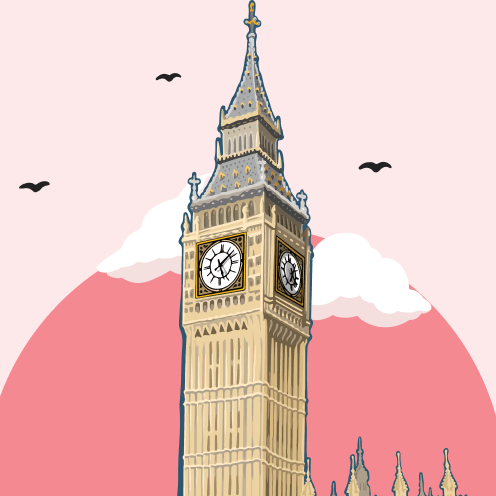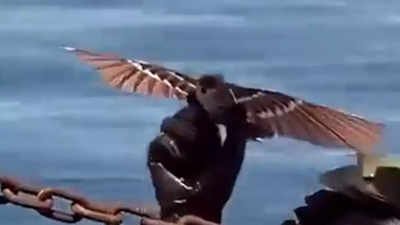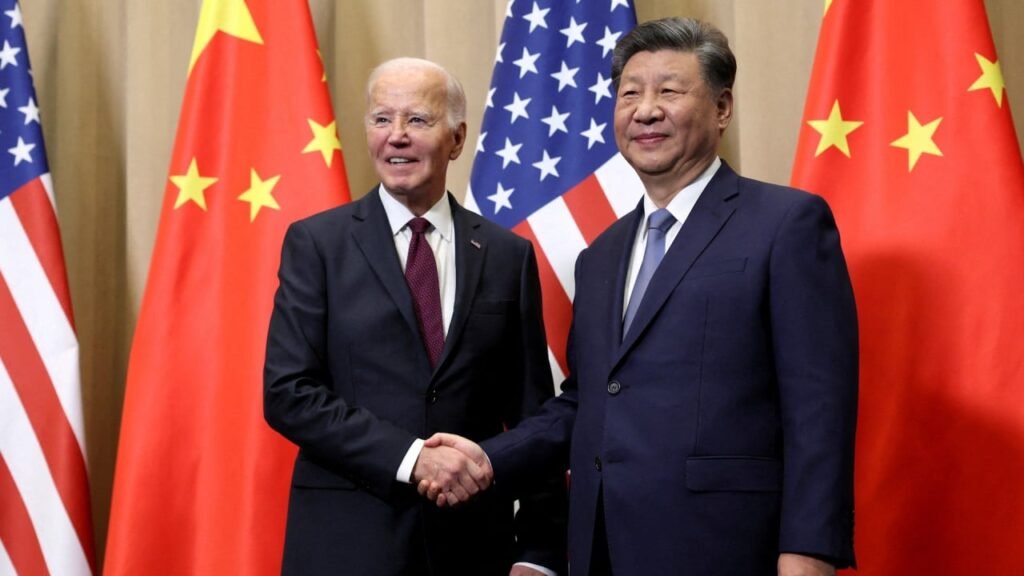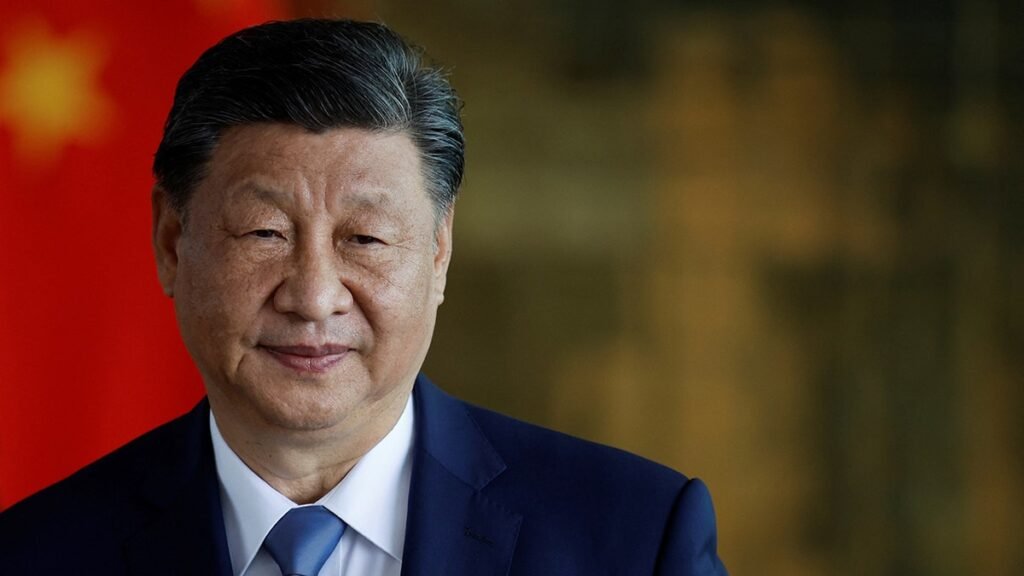New Delhi: India on Friday said it will work with China on steps to take forward the understanding reached by the Special Representatives of the two sides on cross-border cooperation and exchanges, including the Kailash Mansarovar Yatra and border trade.

The Special Representatives on the border issue – India’s national security adviser Ajit Doval and China’s foreign minister Wang Yi – met in Beijing on Wednesday for their first formal talks in nearly five years, following an understanding reached by the two sides on October 21 on the disengagement of frontline forces in Ladakh sector of the Line of Actual Control (LAC).
During these talks, Doval and Wang provided “positive directions for cross-border cooperation and exchanges including resumption of the Kailash Mansarovar Yatra, data sharing on trans-border rivers and border trade”, an Indian readout on the meeting said.
When external affairs ministry spokesperson Randhir Jaiswal was asked at a regular media briefing to provide details on this development, he said, “It means that the discussions have gone into the positive direction, and thereafter, whatever else is required will be done to take these cross-border exchanges forward.”
The Kailash Mansarovar Yatra has not been held since 2020, when the sudden massing of troops by China in Ladakh sector of the LAC triggered a military standoff that saw both sides deploying close to 60,000 troops each in the region. A brutal clash at Galwan Valley in June 2020, which killed 20 Indian soldiers and at least four Chinese troops, took bilateral relations to their lowest point in six decades.
After the understanding on October 21, the two sides completed the disengagement of frontline forces at the two remaining “friction points” of Demchok and Depsang.
Prime Minister Narendra Modi and Chinese President Ji Xinping met on the margins of the Brics Summit in Russia on October 23 and agreed to revive several mechanisms, including the meeting of the Special Representatives, to address the border dispute and normalise bilateral relations.
“Both sides have reaffirmed their commitment to explore a fair, reasonable and mutually acceptable framework for the settlement of the boundary question in accordance with the political parameters and guiding principles agreed in 2005. The agreement is publicly available on the MEA website,” Jaiswal said.
He added that apart from discussing the framework for settlement of the boundary question, the Special Representatives reviewed issues of peaceful border management comprehensively in this round.
Asked about the resumption of full-fledged trade relations, Jaiswal replied that several meetings have been held by the two sides since October, including at the highest level, “where it has been agreed that we’ll take step by step action”.
Following the meeting of the Indian and Chinese leaders at Kazan in Russia and the talks between the Special Representatives, “now we’ll take it forward with other meetings and thereafter we’ll see how things shape [up] on these matters,” Jaiswal said.
Jaiswal was also asked about a statement issued by China’s foreign ministry following the talks between the Special Representatives that claimed the two sides had reached a “six-point consensus”, and he said the readout from the Indian side gives the “perspective of what was discussed”.
Also Read: ‘Ready to work with India’, says China ahead of key Doval-Wang talks | What’s on agenda
He added, “We can speak for our press release and give you details on that.”
People familiar with the matter said on condition of anonymity that the Indian readout made no reference to consensus. “All these matters were discussed but to say there was consensus is something else,” one of the people said.
The people further said that the two sides made an effort to issue a joint statement after the talks between the Special Representatives, which lasted about two hours on Wednesday morning. However, both sides issued separate statements late on Wednesday night, pointing to possible divergences.

